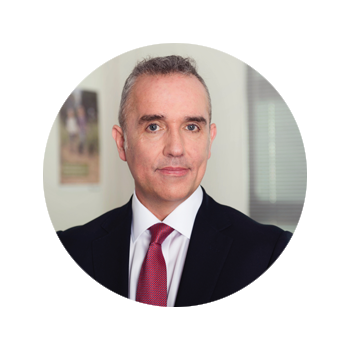Mr Mistry said: "Some providers have taken the decision to not implement a risk reducing strategy as members’ approach retirement.
"They would argue that it’s difficult to predict when members will retire. While this has paid off in recent times, we would caution against high levels of annualised volatility for members with only one year left to retirement."
He added: "Other providers have made heavy use of bond allocations to lower risk. Our concern here is the potential for yields to rise sharply given current economic and political circumstances, which could deliver a nasty shock to members close to retirement."
According to Martin Bamford, chartered financial planner and managing director at Informed Choice, any default investment strategy was unlikely to be well suited to an individual investor.
He said: "Taking too little risk, especially in the early stages of saving for retirement, can cause significant financial harm over longer periods of time.
"It’s important to balance investor behaviour with the value of equity exposure at younger ages, as too much short-term volatility can spook nervous investors and prompt them to sell at inappropriate times.
"Rather than rely on default profiles, schemes would be well advised to tailor investments to individual savers and ensure their investor education is regularly topped up during the retirement savings journey."
Rob Booth, director of investment & product development at NOW: Pensions, said: "The performance data used within the report is up to 31st March 2018. The market dynamics over that three year period are characterised by a strong equity bull run coupled with a depreciation in the value of sterling.
"As Hymans rightly say in the report 'Recent history has been kind to risky asset classes'. As a result, the relative three year performance figures for the diversified growth fund which targets long term, sustainable growth come as no surprise. Although NOW: Pensions will always focus on medium to long term performance, it is good to see the strong one year performance of our diversified growth fund coming through."
An Aviva spokesperson said: "The report looks at default fund performance in the 12 months up to 31 March 2018. Had a different 12-month period been chosen – for instance, the 12-months until April, May, June, July or August 2018 onwards – the Aviva master trust (formerly the Friends Life master trust) default would have shown positive returns.
"The report also looks at the performance of the Aviva master trust over the past three years which shows it has delivered positive returns for savers. But again, these figures would be influenced by when the three-year measurement period would have started and ended.
"We are confident that the default fund used for the Aviva master trust is delivering good returns for our members while minimising volatility. Performance of the My Future Growth Fund, the growth phase of the solution, and where most assets are invested, has been strong since launch in March 2013, delivering an annualised return of 9.1 per cent with the level of risk taken 7.7 per cent. We believe it represents an attractive risk/return profile."







